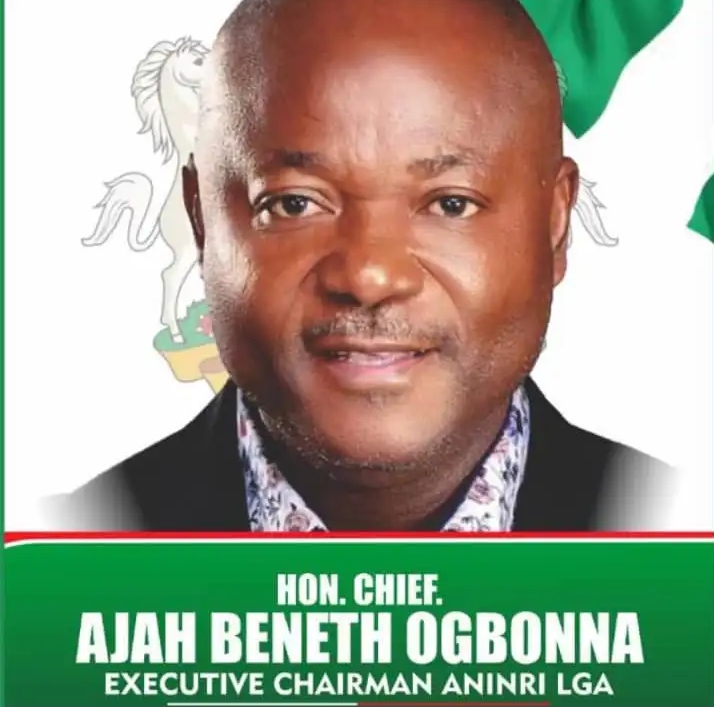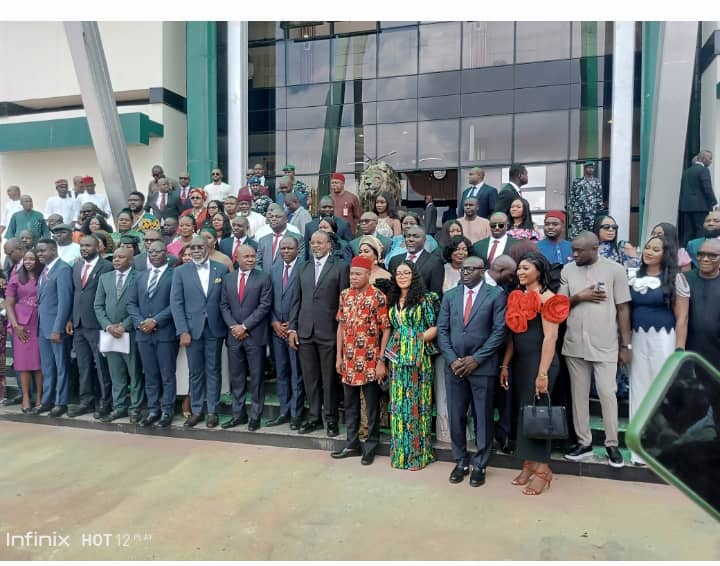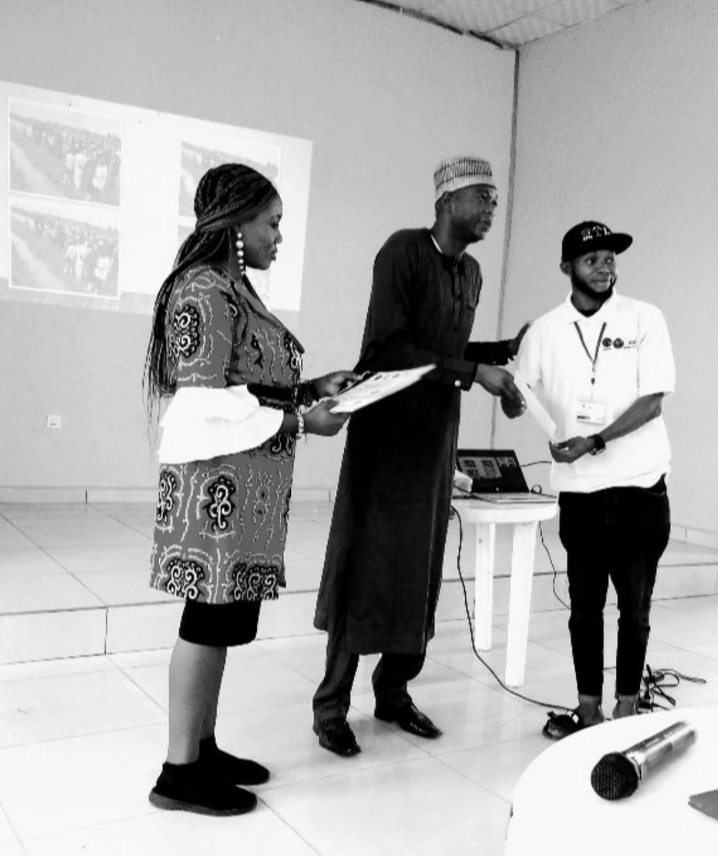Public Outcry as Aninri Councilors Prioritize Personal Gain Over Legislative Responsibility

Aninri LGA, Enugu State – June 12, 2025
By The Voice of the Masses Editorial Team
Widespread dissatisfaction is brewing across Aninri Local Government Area of Enugu State as constituents express deep concern over the perceived failure of the 11th Legislative Assembly to fulfill its core mandate. Since their inauguration, the councilors have been accused of neglecting their legislative duties and constituency obligations in favor of self-serving interests.
A Legislature in Dormancy
Since assuming office, the Aninri legislative council has made little to no tangible legislative progress. To date, no bills or motions of public interest have been introduced or passed. This inaction is particularly alarming given the myriad challenges facing the local communities, including deteriorating infrastructure, high unemployment, inadequate healthcare facilities, and declining educational standards.
Rather than serving as agents of grassroots development and legislative oversight, the councilors have reportedly reduced legislative sessions to mere formalities. According to insider accounts, sittings are infrequent and often lack quorum, with discussions routinely dominated by debates over allowances and personal entitlements.
Absence of Constituency Projects
Equally troubling is the complete absence of constituency development initiatives. Residents across Aninri LGA report a total lack of engagement from their representatives, with no visible projects executed in any of the wards. Basic amenities such as clean water, accessible roads, healthcare services, and school infrastructure remain in a state of neglect.
Speaking on the issue, comrade onyeabor chisom justice, the chief editor of the THEVOICEOFTHEMASSES, a popular blogger in Aninri, stated:
“It is disheartening that we have not witnessed any positive change since this assembly took office. There are no constituency projects, no consultations with the people—only reports of sitting allowances and salaries being collected without commensurate service.”
In Mpu, a local teacher lamented:
“Our children are learning under appalling conditions, and nothing has been done to improve the schools. This level of negligence is unacceptable.”
Salaries Without Service Delivery
Despite their inaction, the councilors continue to draw full salaries and receive sitting allowances. This practice has further fueled public anger, with many constituents questioning the legitimacy of compensating public officers who have failed to deliver on their responsibilities.
Local civil society organizations have also joined the call for accountability. Mrs. Uchenna Onovo, a community development advocate, noted:
“Public service is a sacred trust. If the current set of councilors cannot justify their pay through performance, they should be held accountable or step aside.”
Civic Response and Advocacy
In response to these developments, several community groups and youth organizations have launched advocacy campaigns aimed at demanding transparency and responsiveness from their elected representatives. Peaceful demonstrations, petitions, and digital activism using hashtags such as #AccountabilityInAninri and #NoServiceNoPay are gaining traction across the local government area.
Political observers warn that if the current trend continues unchecked, it could erode public confidence in democratic institutions at the local level and foster apathy among the electorate.
A Threat to Democratic Governance
The situation in Aninri LGA reflects a broader pattern of ineffective local governance in various parts of Nigeria. Where councilors are neither held accountable nor actively monitored, democratic structures risk being reduced to ceremonial roles devoid of substance.
To restore public trust and ensure the efficient delivery of services, governance experts advocate for the institutionalization of performance-based evaluations, public accountability frameworks, and community engagement platforms that allow constituents to measure and influence the output of their elected representatives.
Conclusion
The 11th Legislative Assembly of Aninri still has the opportunity to reverse course and realign with the mandate of public service. The people of Aninri are not demanding the extraordinary—they are simply asking for responsive leadership, active legislative engagement, and visible developmental impact.
Failure to act may result in a complete loss of public trust and political relevance. The responsibility lies with the councilors to justify the confidence reposed in them—or risk being remembered for their silence and inaction in a time of urgent need.
Join our conversation for more updates
Leave a Reply
Your email address will not be published. Required fields are marked *










.jpg)


